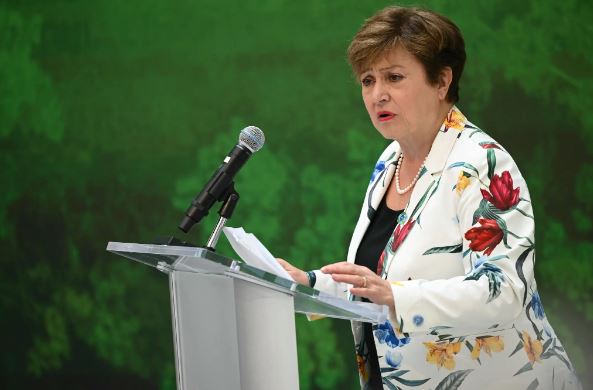Top officials from France, Germany, and Italy convened outside Paris last week, committing to a unified economic strategy to counter the growing protectionist measures of both Washington and Beijing in support of their domestic industries.
These European nations have now joined a host of others in adopting industrial policies, employing a range of measures like targeted subsidies, tax incentives, regulations, and trade restrictions to steer their economies. According to a recent study, over 2,500 such policies were introduced last year, tripling the number from 2019. Notably, these interventions have been predominantly enacted by the wealthiest and most advanced economies, a departure from their previous stance against such tactics.
While these measures enjoy popularity domestically, they raise concerns among international leaders and economists who fear that excessive government intervention could impede global economic growth. This debate is expected to take center stage at the upcoming spring meetings of the International Monetary Fund (IMF) and the World Bank in Washington.
The trend of rich countries embracing industrial policies has drawn criticism from economists like M. Ayhan Kose of the World Bank, who warns against the potential detrimental effects on economic progress. Kristalina Georgieva, Managing Director of the IMF, echoed these sentiments, cautioning against extensive government intervention in the absence of extraordinary circumstances.
The current wave of industrial policies marks a significant departure from the laissez-faire approach championed by capitalist nations in recent decades. This shift comes in response to a series of global disruptions, including the pandemic, supply chain disruptions, inflation spikes, geopolitical tensions, and environmental challenges.
Amid growing concerns about security, resilience, and self-sufficiency, governments are prioritizing these objectives alongside traditional goals of growth and efficiency. For instance, the United States and Europe have adopted multibillion-dollar industrial policies focused on critical technology and climate change, mirroring strategies previously employed by China.
The embrace of industrial policies reflects a paradigm shift in economic ideology, with governments increasingly intervening to safeguard national interests and promote strategic sectors. While some economists view these policies favorably, others remain skeptical, warning of potential drawbacks such as reduced overall growth.
In response to this resurgence, the IMF has developed new guidelines for the implementation of industrial policies, emphasizing the importance of addressing market failures and avoiding discriminatory practices against foreign firms. However, concerns persist about the potential negative consequences of subsidies and protectionist measures.
Despite differences among European Union member states, there is a growing consensus on the need for coordinated economic interventions. France has proposed aggressive measures to support European industries, while Germany remains more cautious. Nevertheless, there is widespread support for increasing funding, streamlining regulations, and fostering a unified market for investments and savings.
European nations are moving forward with plans to stimulate green and digital technologies, with discussions ongoing to adopt a new strategic plan. As industrial policy becomes increasingly accepted, Europe aims to assert its economic prowess and defend its industries on the global stage.

